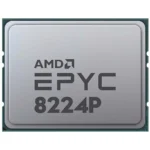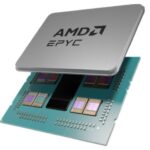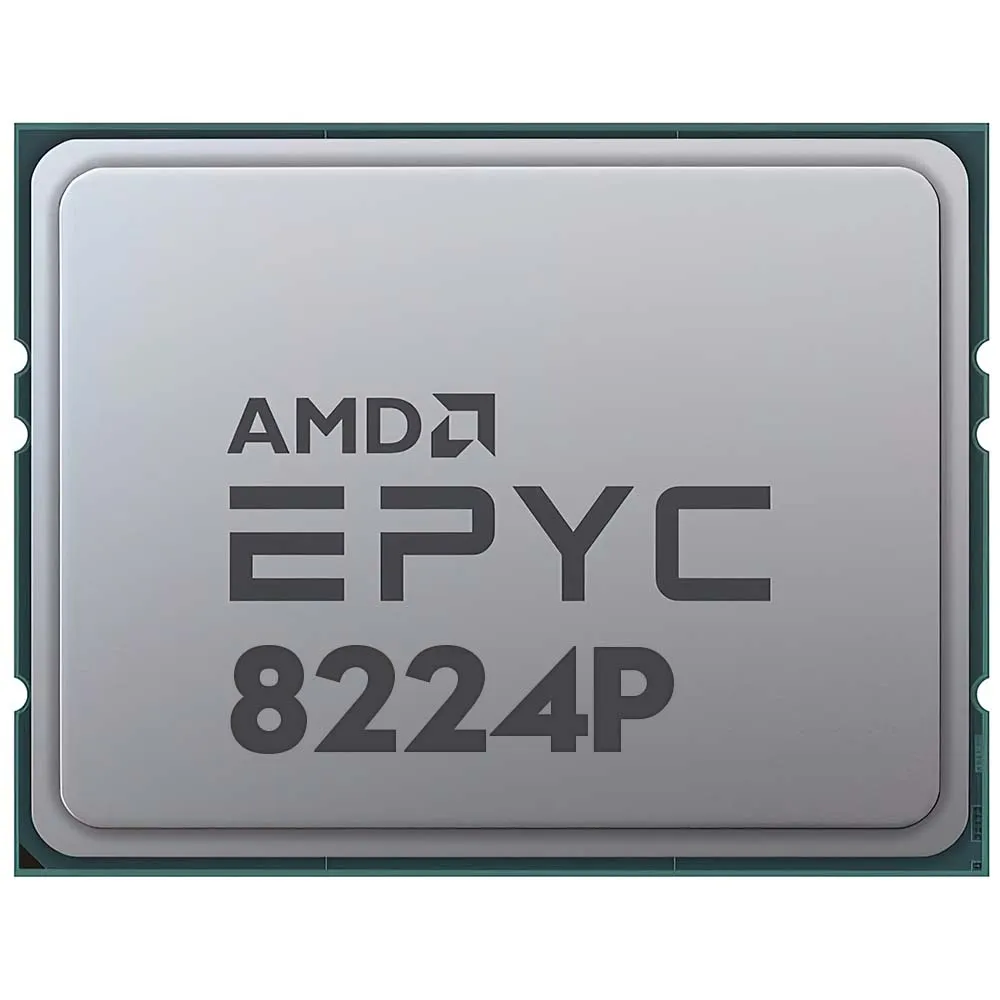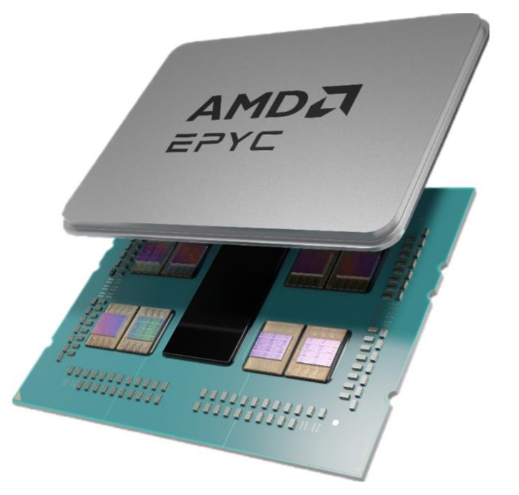Optimized for Demanding Edge Environments
AMD EPYC processors have quickly established themselves as reliable, efficient, and able to deliver outstanding performance across a wide range of use cases in the data center and across server deployments. Now AMD is introducing AMD EPYC 8004 Series processors to market, completing the 4th Generation AMD EPYC family of processors, and combining the highly efficient output of the ??Zen 4c?? core architecture with a focus on lower CPU core counts. Purpose-built for customers seeking an optimized single-socket solution with a focus on energy efficiency, these new products deliver incredible performance while helping to reduce power consumption and enabling cost-effective, innovative solutions in demanding edge environments.
Efficient Energy Usage with Solid Performance
AMD EPYC processors were introduced in the market to deliver on three core goals: a performance that leads to faster time to business insights, increased energy efficiency, and output that can enable customers to reduce their server footprint, and by extension, their capital and operational expenditures. The 4th Generation AMD EPYC family of processors has delivered what customers need in these areas since launch, and now AMD EPYC 8004 Series processors offer customers an option that places the emphasis firmly on efficiency and low-power configurations.
Customers have diverse requirements when it comes to deployments, with space and energy usage playing deciding roles in what customers use, particularly as compute is deployed closer to where data is being generated ?C leaving a gap in the market for a dense, efficiency-focused processor that??s flexible enough to be deployed across a range of use cases. Designed to draw a TDP as low as 70W and supporting a wide thermal range that enables flexible cooling requirements, AMD EPYC 8004 Series processors deliver dense core counts up to 64 cores and 128 threads based on the ??Zen 4c?? core architecture. For customers restricted to or aiming to adhere to strict space, energy, or temperature requirements, this 1P solution enables server configurations that blend the perfect mix of performance, density, and efficiency.











